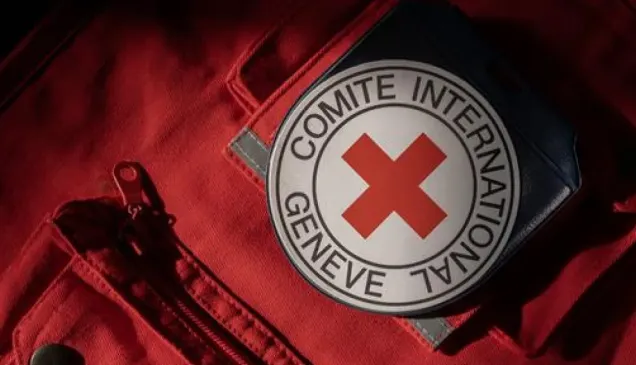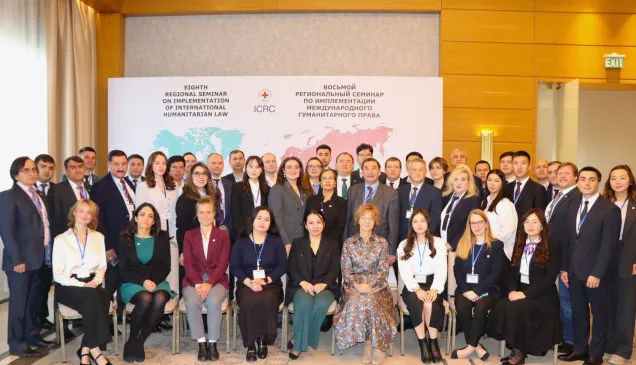Nagorno-Karabakh conflict: The price being paid
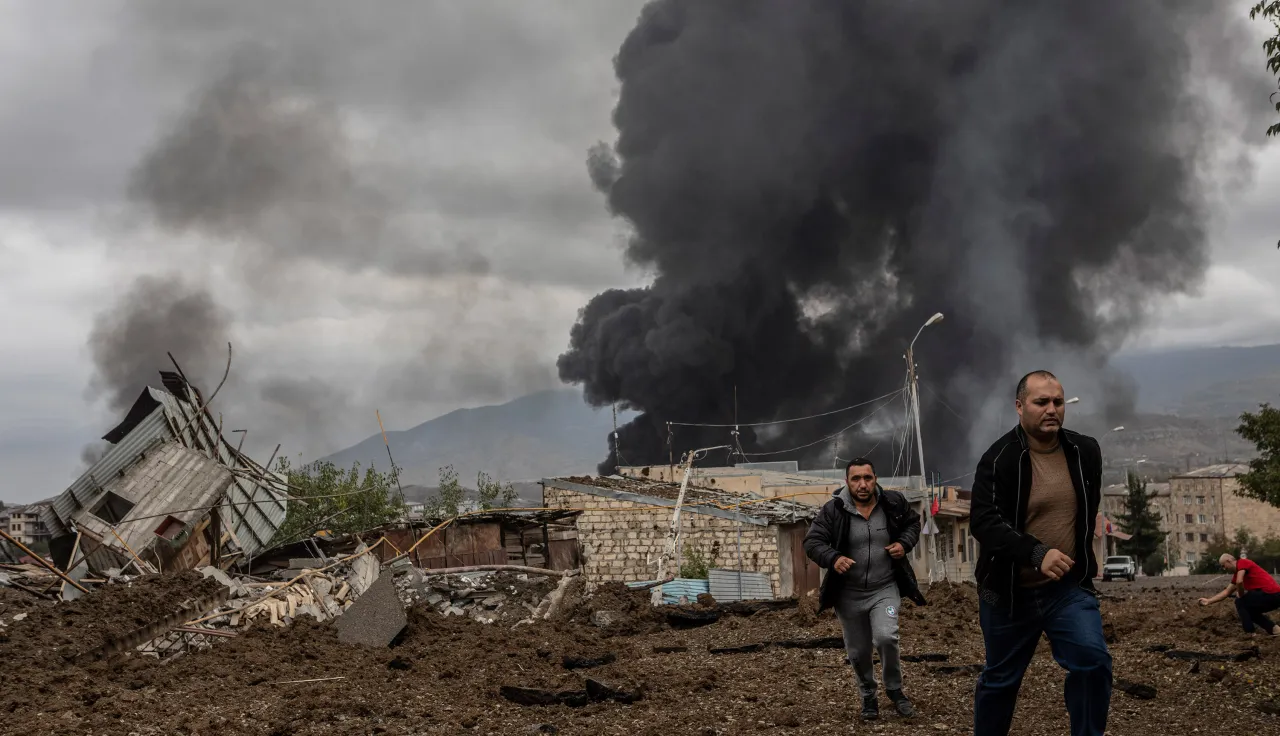
The long-standing Nagorno-Karabakh conflict has inflicted suffering and loss on people since the 1990s. Over 30’000 people have been killed, more than 4’500 are missing, and thousands have been injured by landmines and unexploded ordnance. Across the region of this conflict, people have long been living in fear of being injured or killed in a sudden upsurge of fighting.
The conflict escalation along the line of contact, which started in the morning of 27 September 2020, is deeply worrying, as the conflict sides have resorted to heavy weaponry and shelled densely populated areas. As winter fast approaches, the humanitarian situation could worsen rapidly. For people trapped in their basements. For people on the move. For elderly deprived of health care or kids deprived of education. For everyone.
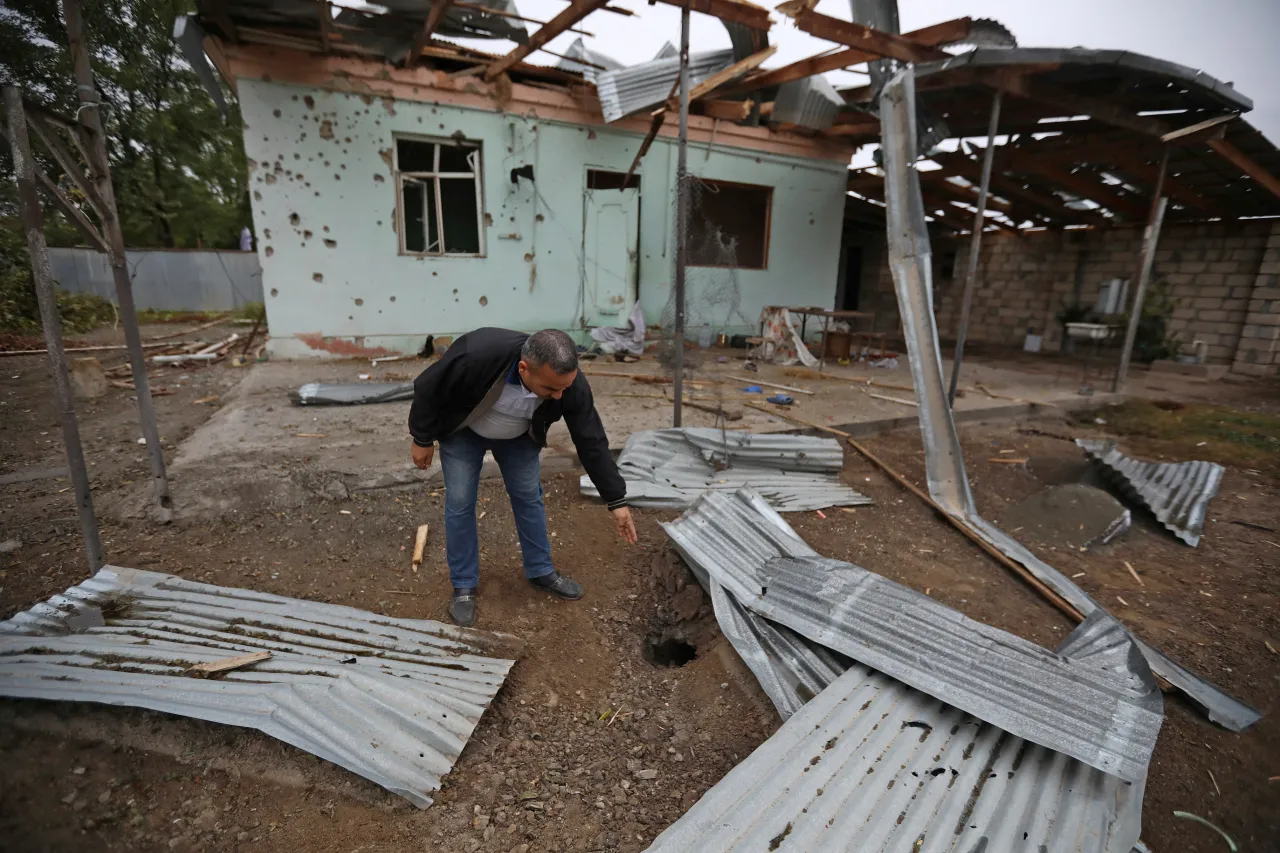
Agdam, Azerbaijan
Hundreds of homes and key infrastructure like hospitals and schools have been destroyed or damaged by heavy artillery fire and by airborne attacks including missiles. Other infrastructure such as roads, electricity, gas, and communication networks have also been damaged. Scores of people are reported dead or injured.
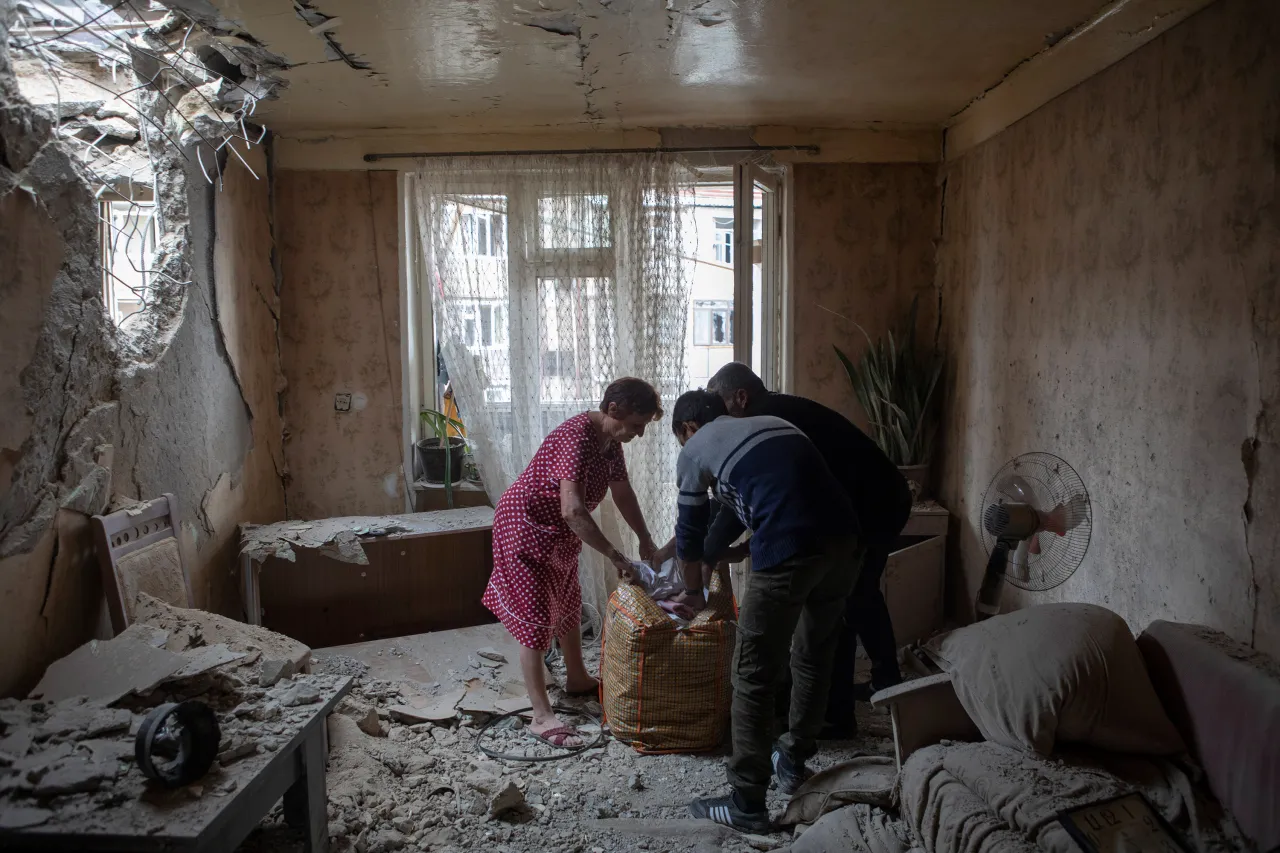
Stepanakert/Khankendi
Martin Schüepp, ICRC head of operations for the region, makes that clear: "The reported indiscriminate shelling and other alleged unlawful attacks using explosive weaponry, in which civilians are losing their lives and suffering terrible injuries, must stop ."
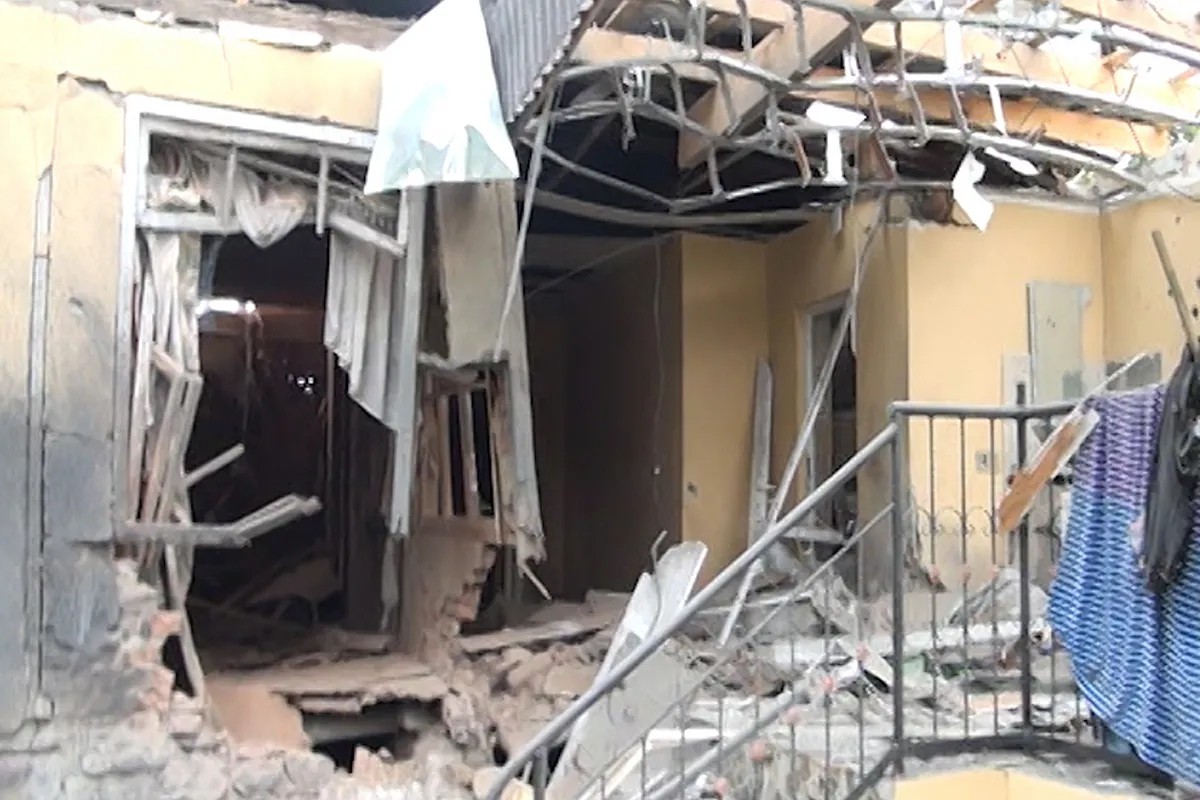
Terter, Azerbaijan
Targeting military objectives located in populated areas without taking all sufficient mitigation measures to limit the risk of civilian harm may violate international humanitarian law.
People we've met on the sides are terrified for themselves and their families, and wonder where to go or what to do to stay safe. Many families, including babies and young children, are spending days and nights in unheated basements to escape the violence.
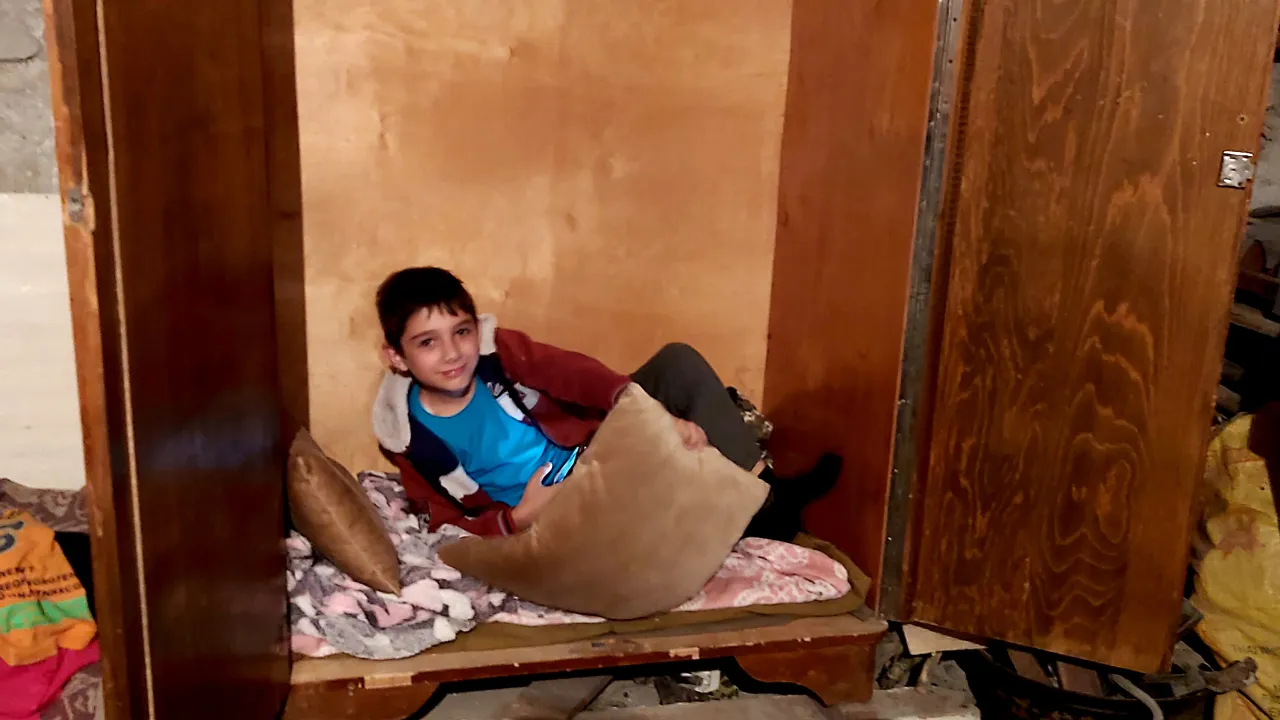
Stepanakert/Khankendi
Says Martin Schüepp: "We reiterate our commitment to assist all people affected by this escalation and, in line with our mandate, repatriate prisoners or mortal remains. We urge the sides to exercise all efforts possible at all times to abide by the principles of international humanitarian law."
We have already provided to hospitals in Nagorno-Karabakh emergency medical supplies such as weapon-wounded kits, medicine, bandages, suture kits as well as body bags to the local forensic bureau. We are evaluating health-related needs and preparing to improve the living conditions of people who have fled. We are also looking at upgrading forensic capacities through technical and material support.
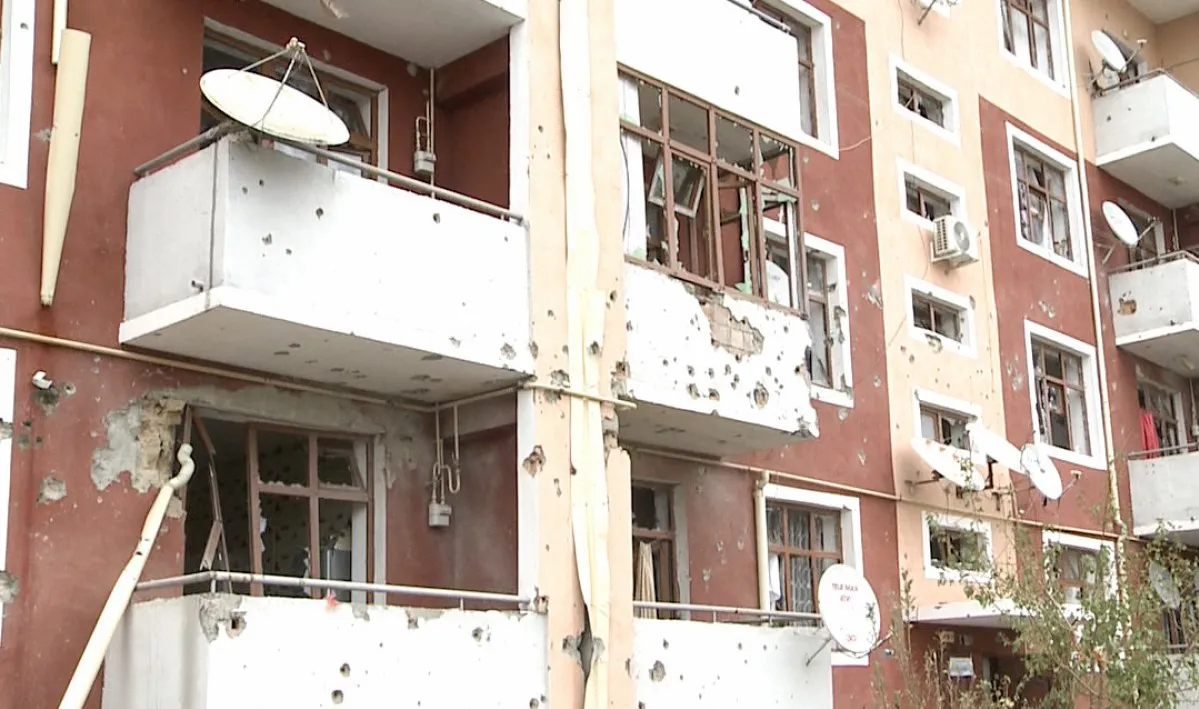
Terter, Azerbaijan
Due to the intensity of fighting, our capacity to move around and assess the scale of humanitarian needs is, for the time being, limited. We are in contact with the respective authorities, structures as well as local communities on the frontline by phone, and we hope to obtain sufficient security guarantees in order to safely reach and assist the affected people along the line of contact.

